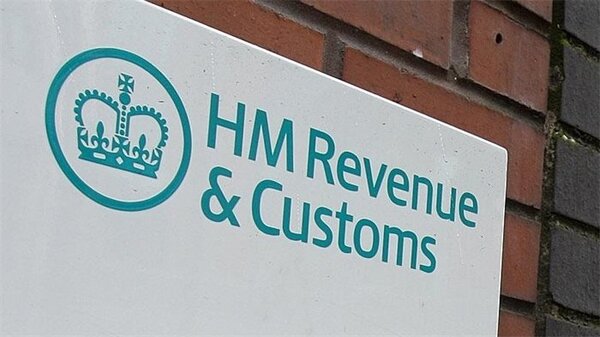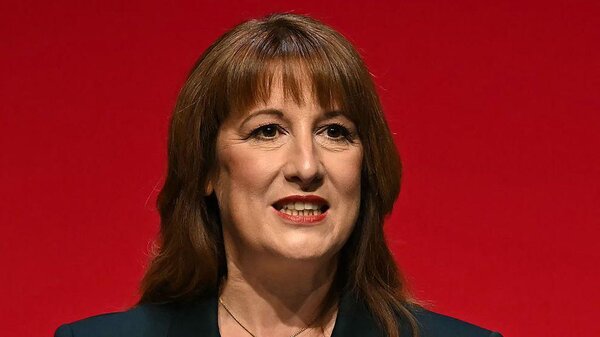Introduction
Chancellor Rachel Reeves is considering a significant tax decision that would mark a historic departure from Labour’s election promises.
With the government confronting a large budget shortfall, Reeves is reportedly weighing up whether to increase the basic rate of income tax a move not seen since the 1970s.
Such an option, if taken, would break Labour’s pledge not to raise income tax, national insurance, or VAT. The ongoing debate comes as the Chancellor seeks ways to fund investment in public services, balance voter expectations, and manage political risk.
Historical context of income tax policy
The last time a Chancellor increased the basic rate of income tax was in April 1975, when Denis Healey responded to runaway inflation and soaring unemployment by raising taxes.
That decision was shaped by the economic turmoil caused by the global oil crisis. Since then, successive governments have avoided such increases, instead favouring other fiscal instruments. The current consideration represents a potential end to a fifty-year taboo on tax rises at the basic rate.
Governments have typically regarded this as politically sensitive due to its direct impact on household disposable income.
Current economic pressures
Rachel Reeves, now in her first year as Chancellor following Labour's general election victory, faces a multibillion-pound gap in the public finances. Addressing this gap is essential to fund public services and control long-term debt.
A recent speech, scheduled early in the financial day and ahead of the upcoming Budget announcement, signalled the Treasury’s intention to prepare the public and the markets for difficult choices ahead.
While final decisions remain unconfirmed, the scale of the fiscal challenge has brought previously untouchable options such as a basic income tax rise back onto the table.
Political implications for Labour
Any move to increase the basic rate of income tax would reverse Labour's 2024 manifesto commitment. The party promised at the last election not to raise income tax, national insurance, or VAT.
Breaking that pledge would carry significant political risk, potentially eroding voter trust and damaging the government’s standing. Some advisers argue, however, that a straightforward increase could be less harmful than multiple smaller measures that might ultimately have a similar financial effect but at the cost of perceived indecisiveness.
Public opinion and polling
Surveys consistently show most voters oppose direct tax increases. Research from YouGov found 65% of Britons would object to a rise in the basic rate of income tax, while only 22% would support it.
According to polling, only a minority expect tax increases; in late October, 42% of respondents anticipated changes, and 27% were unsure. Despite this, some studies suggest the public may be willing to accept a broken tax pledge if it leads to clear improvements in areas such as the cost of living and public services.
Steve Akehurst of Persuasion UK notes that while tax rises are unpopular, the political penalty for failing on core services like the NHS or child poverty could be even greater.
Alternative fiscal options
The Chancellor has faced calls to consider alternatives to basic income tax rises, such as adjusting VAT or further changes to national insurance. However, the Treasury reportedly remains cautious about VAT increases due to their potential inflationary effects.
Rachel Reeves previously imposed a one-off increase on employers’ national insurance contributions, drawing criticism from business groups.
Raising employee contributions now appears unlikely, with unemployment rates edging higher and political opposition strong.
Final Summary
The discussion over whether to increase basic income tax underscores the scale of the fiscal and political challenge facing the Chancellor. With public services under strain and a significant budget gap to fill, Rachel Reeves may need to weigh the risks of breaking Labour’s high-profile tax promise against the wider need to restore public finances.
The outcome of this decision may define the government’s economic credibility and its relationship with voters over the coming years. As ministers weigh alternatives, the choice between direct tax rises and more complex fiscal adjustments remains fraught with both political and practical risks.
For those seeking clarity on tax policy and its personal implications, tools like the Pie app can provide helpful guidance in a changing fiscal landscape.











